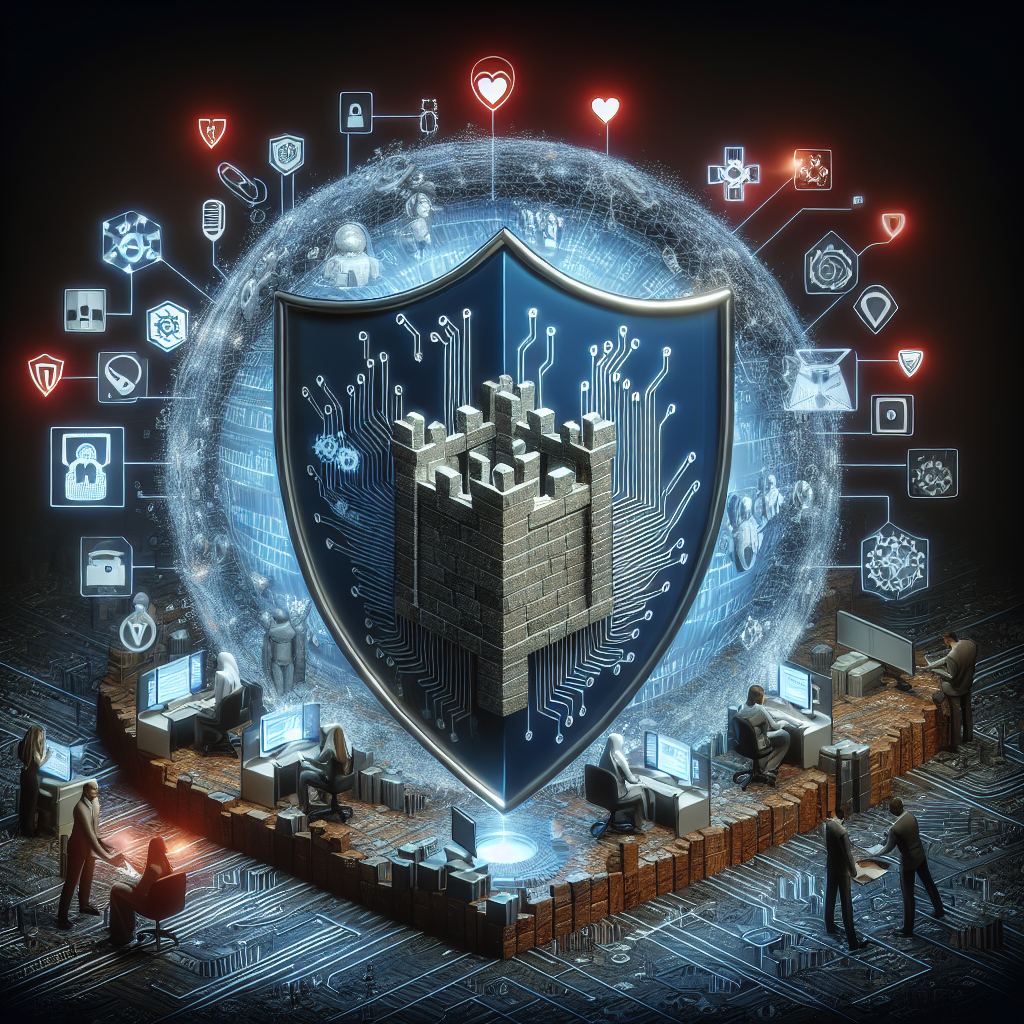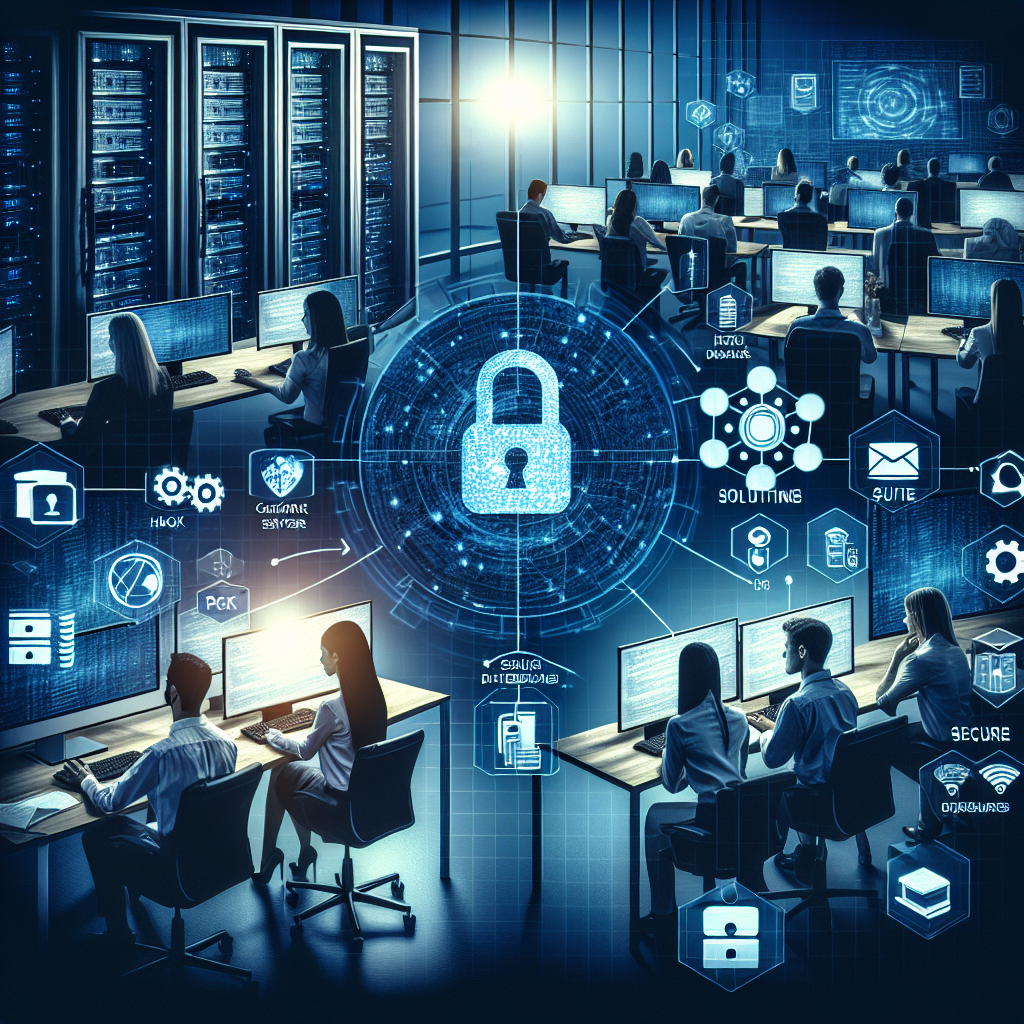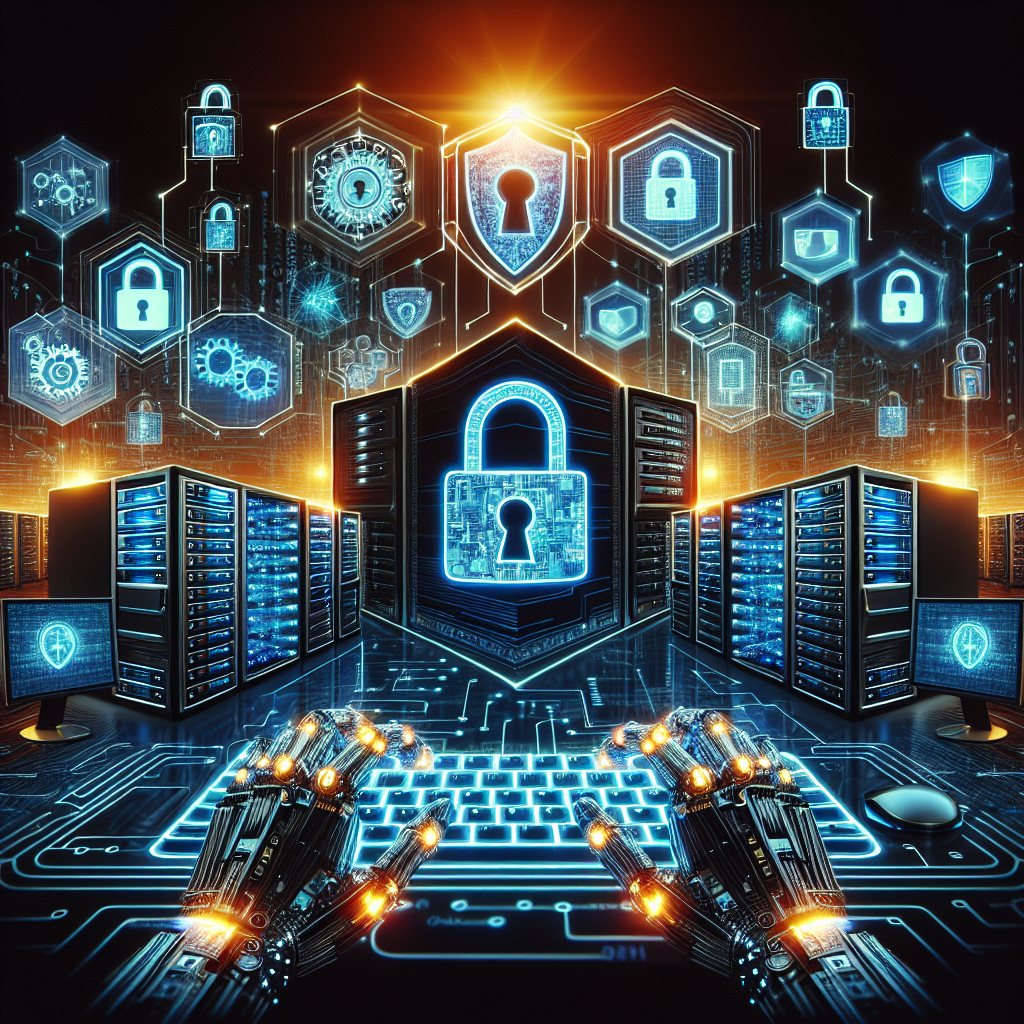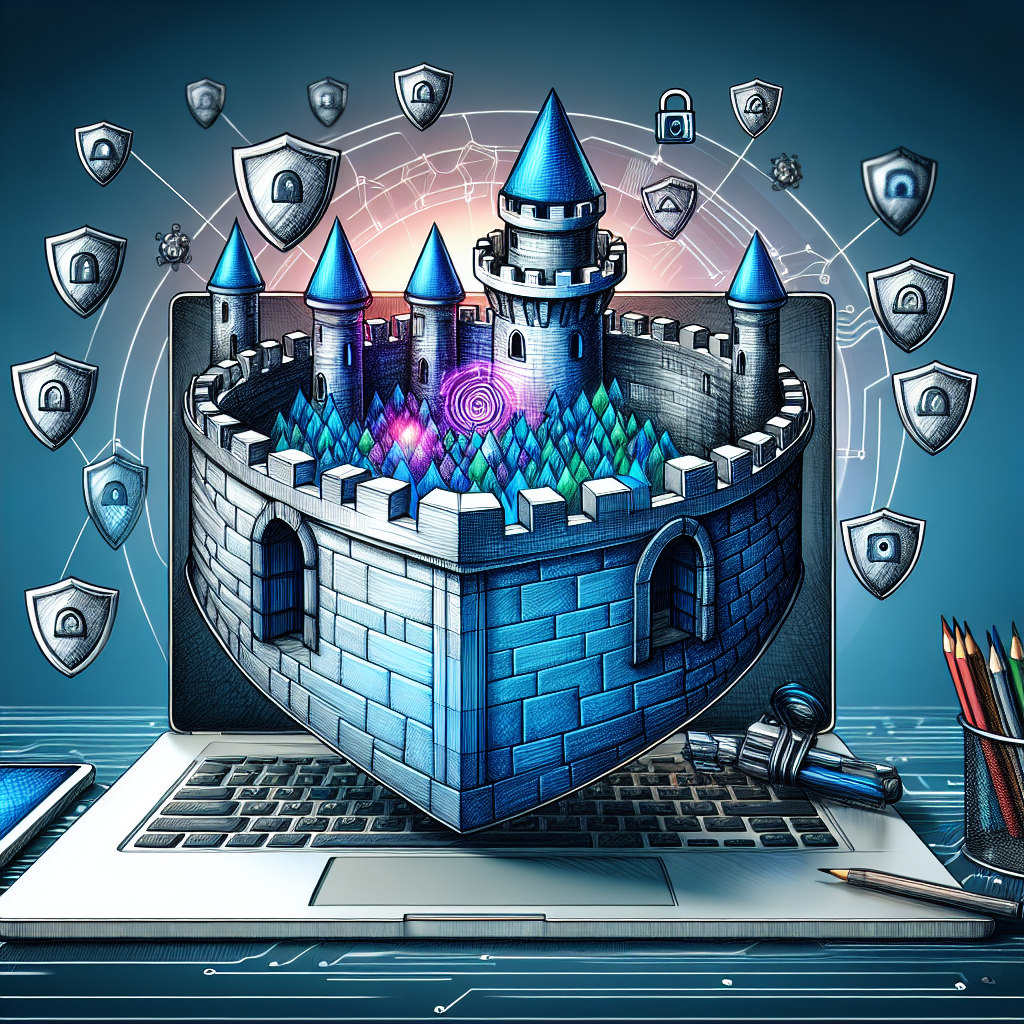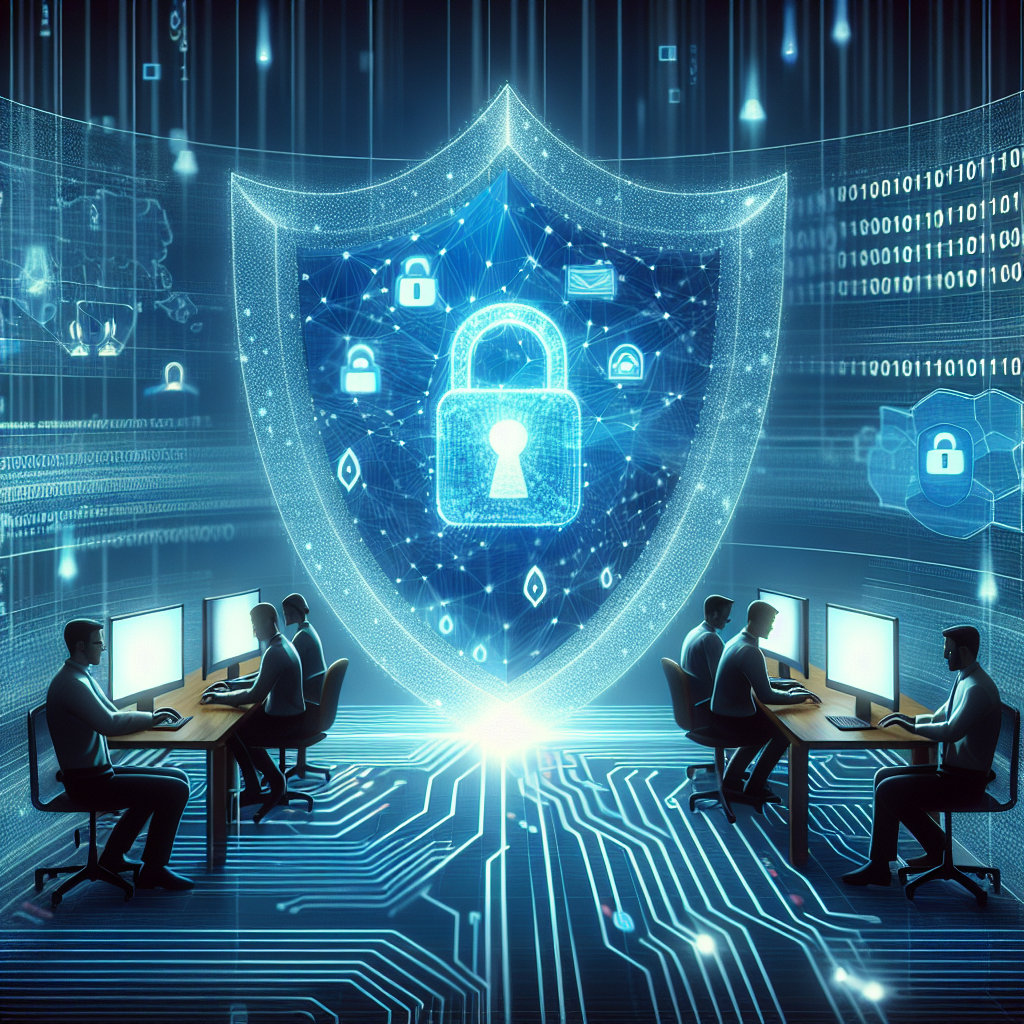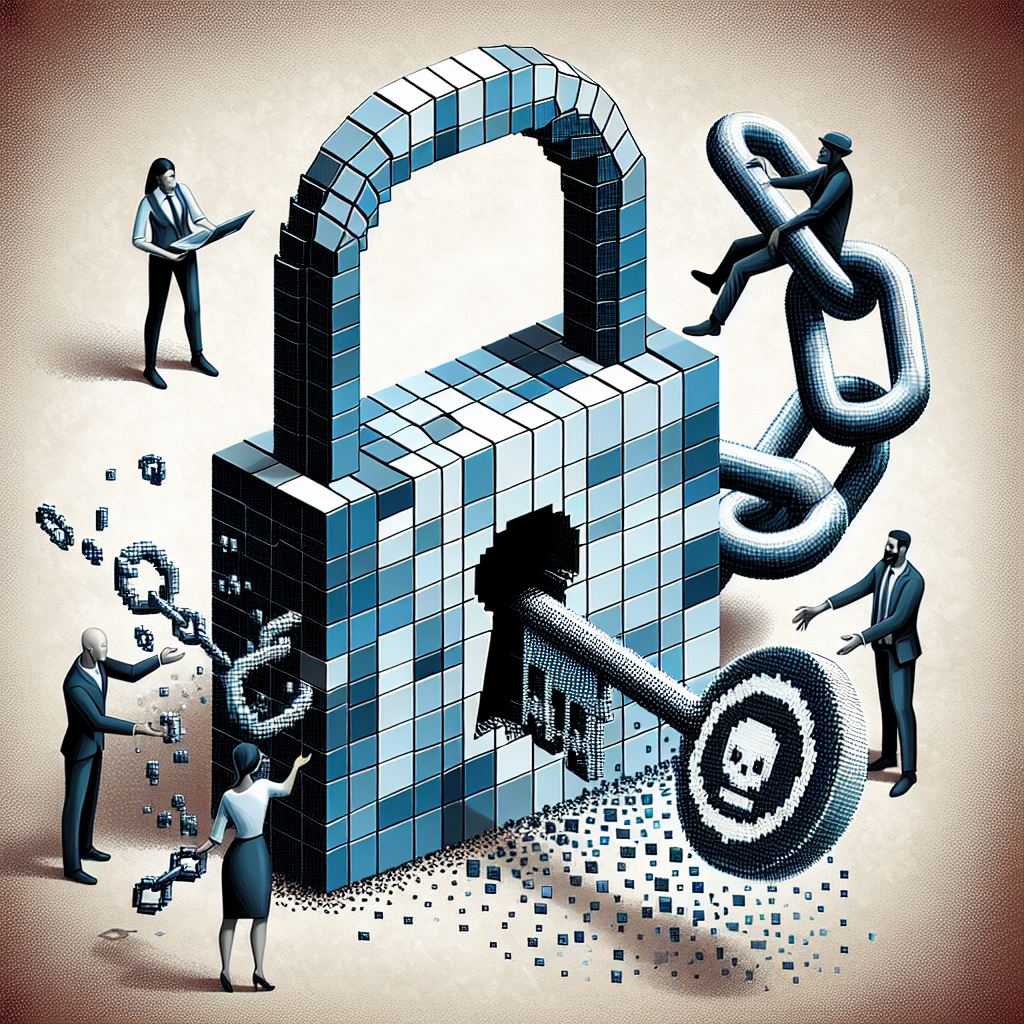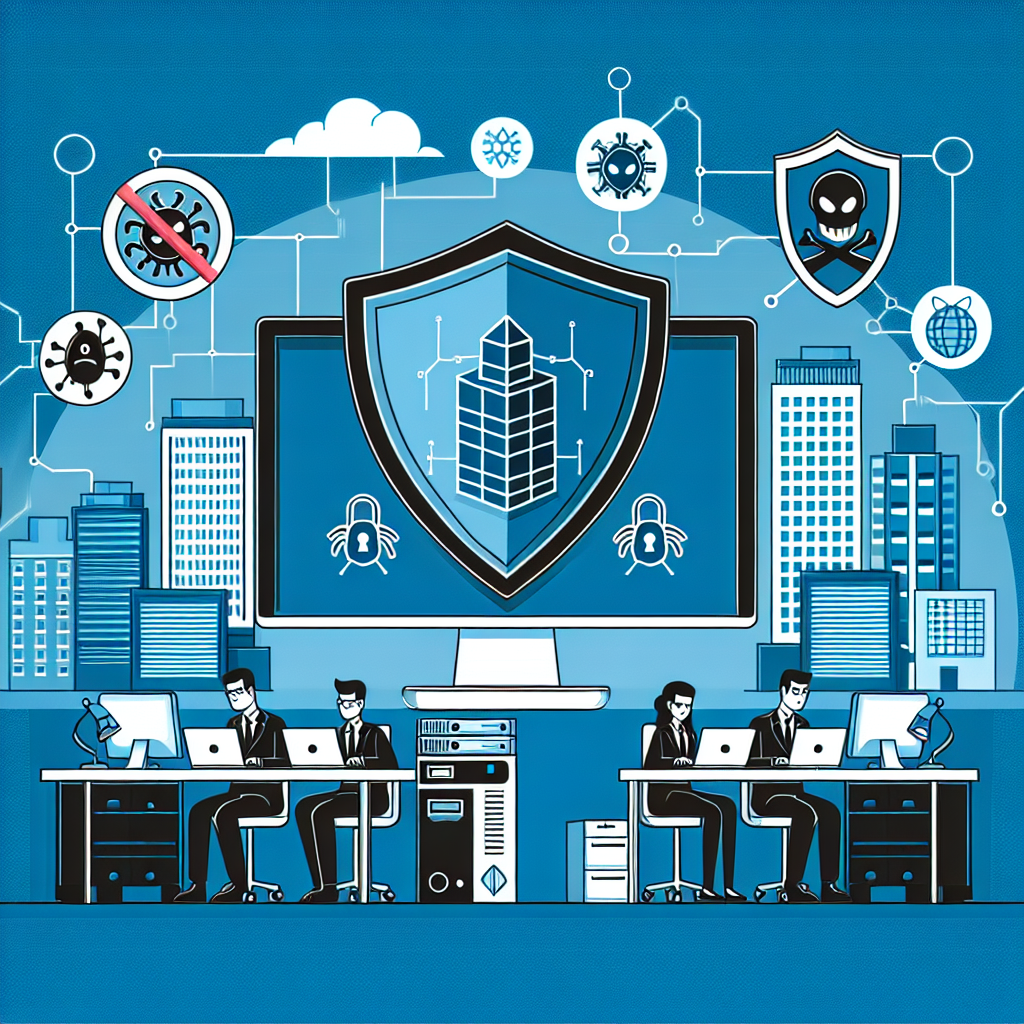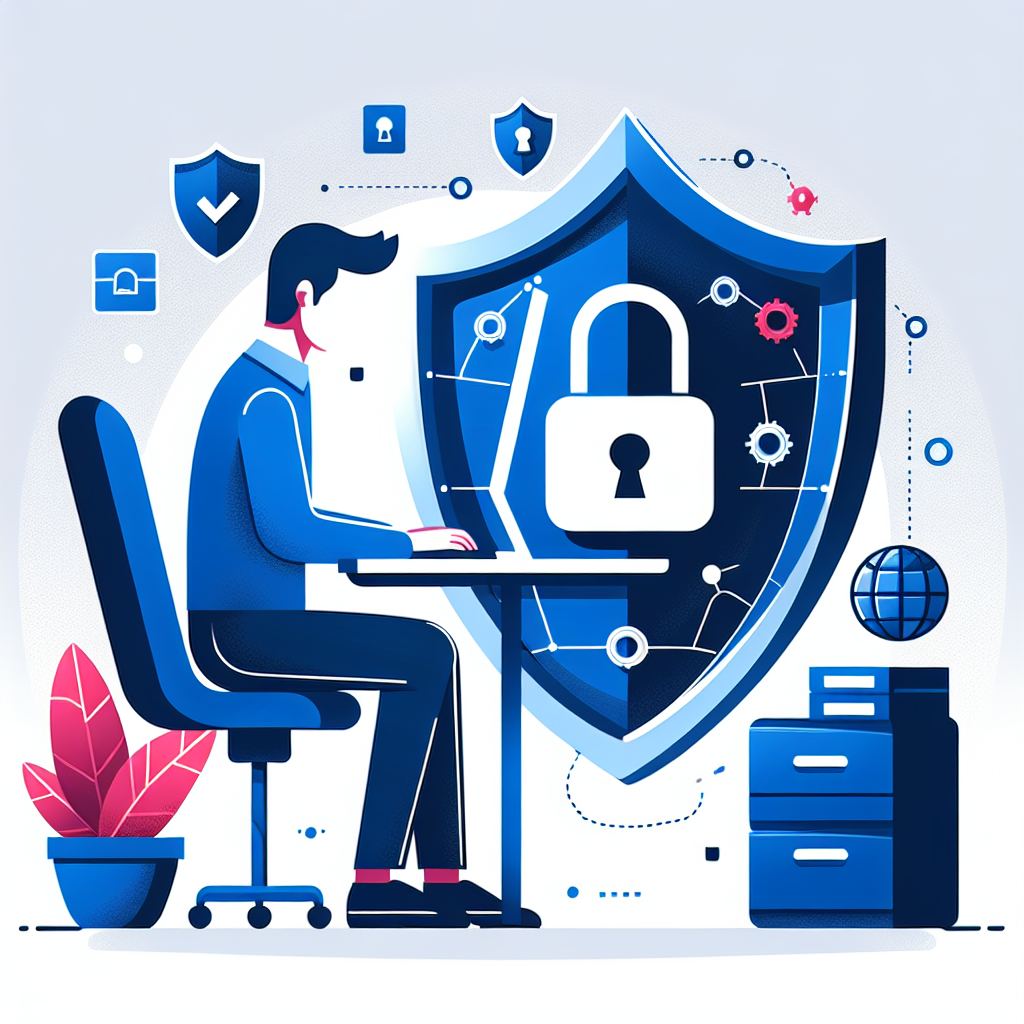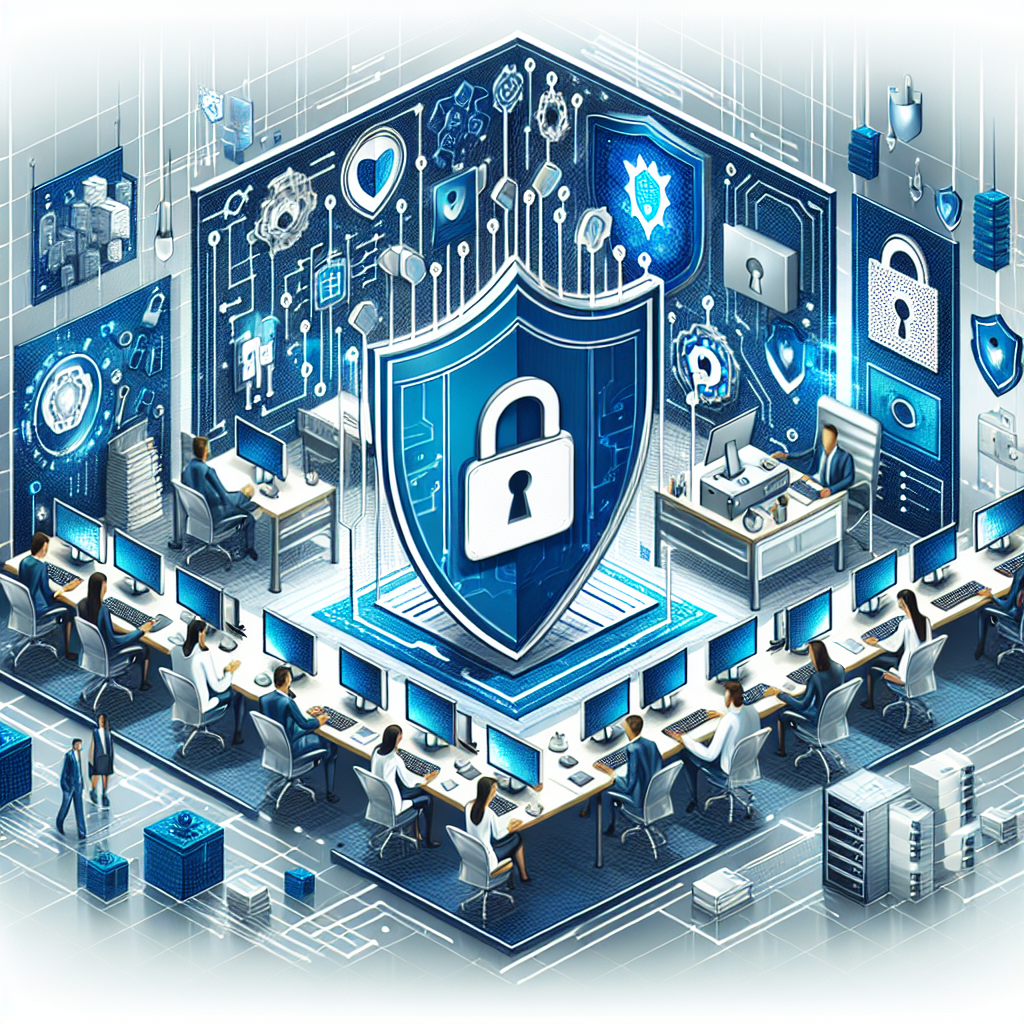In today’s digital age, cybersecurity threats are constantly evolving and becoming more sophisticated. Businesses are increasingly at risk of cyberattacks that can result in data breaches, financial loss, and damage to their reputation. This is where managed services play a crucial role in helping organizations protect themselves from these threats.
Managed services refer to the practice of outsourcing the management of certain functions, such as cybersecurity, to a third-party provider. These providers are experts in their field and have the knowledge and resources to effectively protect businesses from cyber threats.
One of the main roles of managed services in cybersecurity protection is to proactively monitor and detect potential threats before they can cause harm. This is done through continuous monitoring of network traffic, analyzing data for unusual patterns, and identifying any vulnerabilities that could be exploited by hackers.
Managed services also play a key role in responding to cyber incidents in a timely and effective manner. In the event of a cyberattack, the provider can quickly isolate the affected systems, contain the threat, and restore normal operations. This can help minimize the impact of the attack and reduce downtime for the business.
Furthermore, managed services can help businesses stay compliant with industry regulations and standards related to cybersecurity. Providers are well-versed in the latest regulations and can ensure that businesses are following best practices to protect their data and systems.
Another important role of managed services in cybersecurity protection is educating employees about cybersecurity best practices. Human error is often a major contributing factor to cyber incidents, so raising awareness and providing training can help prevent these incidents from occurring.
In conclusion, the role of managed services in cybersecurity protection is crucial for businesses to effectively defend against the ever-growing threat of cyberattacks. By outsourcing their cybersecurity needs to a trusted provider, businesses can benefit from expert knowledge, proactive monitoring, rapid incident response, compliance assistance, and employee training. This allows businesses to focus on their core operations while having peace of mind knowing that their data and systems are being protected by professionals.
